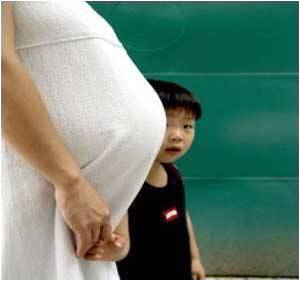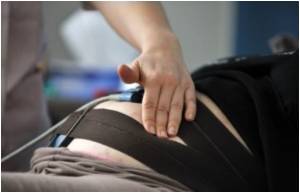A new study has pointed out that one in four women portray mixed feelings about pregnancy.

In a study of nearly 4,000 women ages 25 to 45 who are sexually active, about 71 percent said they were not trying to get pregnant, while 6 percent said they were.
But nearly one in four, 23 percent, told researchers they were "OK either way", they were neither trying to conceive, nor trying to prevent a pregnancy.
Among women who had no children, 60 percent said they were trying to not get pregnant, 14 percent were trying to get pregnant and 26 percent responded that they were fine any which way.
"This finding dramatically challenges the idea that women are always trying, one way or another, to either get pregnant or not get pregnant," Julia McQuillan, professor of sociology at the University of Nebraska-Lincoln and the study's lead author, said.
"It also shows that women who are OK either way should be assessed separately from women who are intentional about pregnancy," she stated.
Advertisement
"If health-care providers only ask women if they are currently trying to get pregnant and women say no, then the assumption is that they are trying not to get pregnant," McQuillan said.
Advertisement
Women who said they were OK either way reported the highest number when asked what the ideal number of children would be - 3.17 on average. They also tended to be slightly more religious than women who were either trying to get pregnant or not trying to get pregnant.
Seventy-three percent of women who said they were OK either way said they would like a baby, compared with 34 percent of women who were not trying to get pregnant, and 95 percent of women who said they were trying to get pregnant.
Those who were trying to get pregnant were more likely to report that having a child - or another child - was very important to their partner compared with women in the other two groups. Among women who had not yet had children and who said they were trying, 40 percent said it was important to their partner.
Half of all women in the survey said their career was very important to them, while 45 percent said the same about having an adequate amount of leisure time.
All three groups - women who were trying, women who weren't trying, and women who were OK either way - reported similar attitudes about work and leisure.
Source-ANI
SAV













